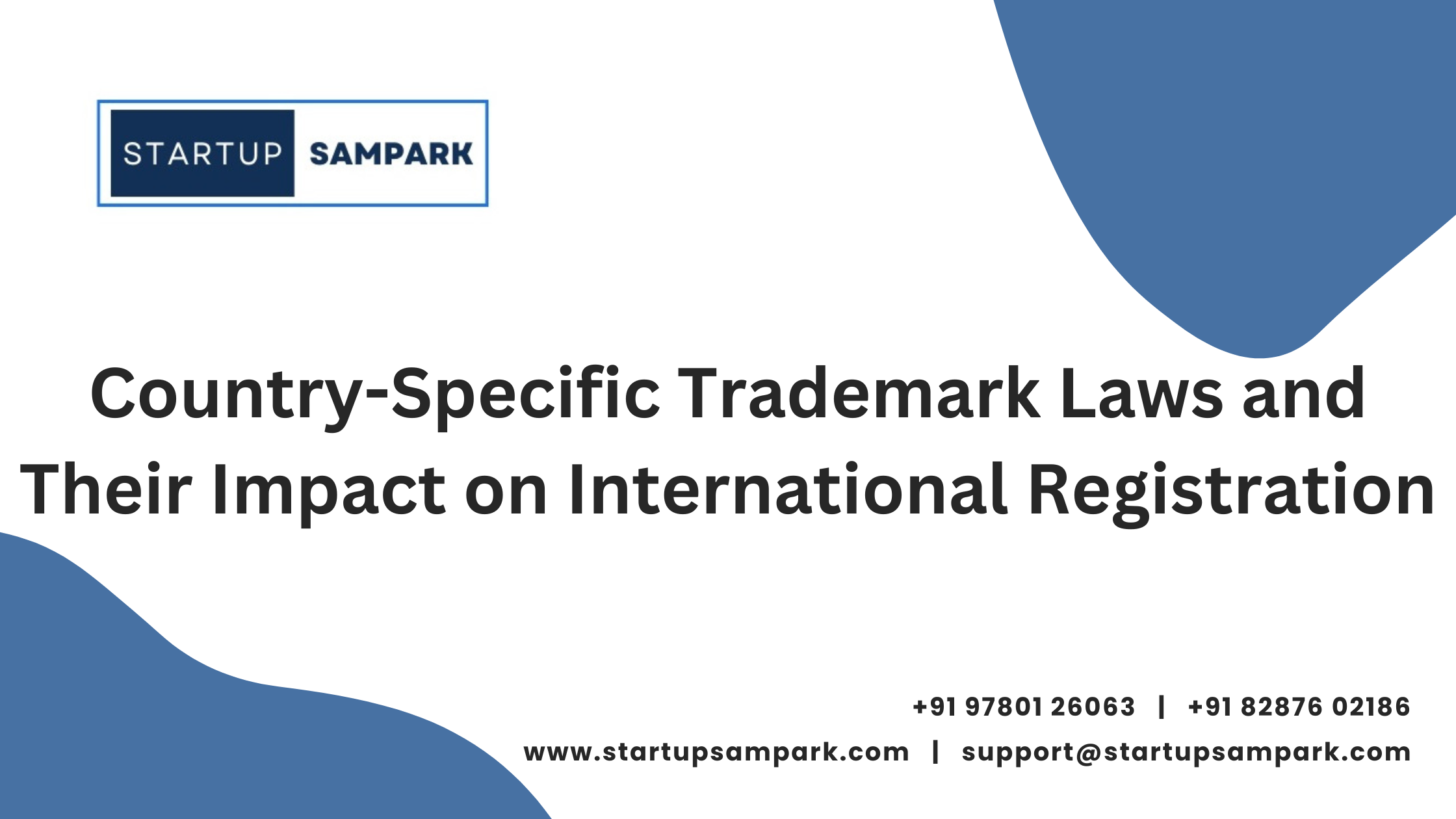Country-Specific Trademark Laws and Their Impact on International Registration
Trademark laws vary significantly from country to country, reflecting each nation’s legal framework, economic priorities, and cultural context. When considering international trademark registration, understanding these country-specific laws is crucial, as they directly impact the protection, enforcement, and overall strategy for trademarks across borders.
In the realm of international business, trademarks are vital assets that help distinguish products and services. However, the protection of these trademarks is not uniform worldwide. Each country has its own set of regulations and procedures, which can affect everything from registration processes to the enforcement of trademark rights.
In the United States, trademark protection is governed by the Lanham Act, which provides a comprehensive framework for trademark registration, protection, and enforcement. The U.S. system emphasizes first-to-use principles, meaning that trademark rights are granted based on actual use in commerce rather than registration alone. This system allows businesses to establish and defend their trademarks based on their market presence, but it can also lead to complex disputes if multiple parties claim rights to similar marks.
In contrast, many European countries follow the European Union Trademark (EUTM) system, which offers a centralized registration process through the European Union Intellectual Property Office (EUIPO). This system allows businesses to secure trademark protection across all EU member states with a single application. The EUTM system provides uniform protection, but it also means that a trademark can be challenged and invalidated across the entire EU, which requires careful consideration of the mark’s distinctiveness and potential conflicts.
China, with its rapidly growing market, presents a different set of challenges. Trademark registration in China follows a first-to-file principle, meaning that rights are granted to the first party to file a trademark application, regardless of prior use. This can create problems for businesses that have established marks in other countries but have not yet registered them in China. Additionally, enforcement can be challenging due to regional variations in the interpretation and application of trademark laws.
India, another key market, operates under the Trade Marks Act, 1999, which follows a similar first-to-use principle as the U.S. system. However, the registration process can be lengthy and complex, with significant administrative delays. India’s system also requires careful navigation of diverse regional practices and regulations. Businesses must be aware of local nuances and potential challenges in enforcement and dispute resolution.
In Japan, trademark protection is governed by the Trademark Act, which emphasizes both the first-to-file principle and the requirement for distinctiveness. The registration process is rigorous, with a thorough examination of the mark’s potential for confusion with existing trademarks. Japan also has a reputation for stringent enforcement, making it crucial for businesses to ensure their trademarks are well-protected and distinctive.
Brazil’s trademark system, regulated by the National Institute of Industrial Property (INPI), operates under a first-to-file principle similar to China’s. However, Brazil also has unique requirements, such as the need for a declaration of use and adherence to specific guidelines for descriptive terms. The Brazilian system can be bureaucratic, with lengthy processing times and complex requirements for maintaining trademark rights.
Australia’s trademark laws, governed by the Trade Marks Act 1995, offer a straightforward registration process with a first-to-file principle. The Australian system also places significant emphasis on distinctiveness and requires evidence of use for maintaining trademark rights. Australia is known for its robust enforcement mechanisms, which can be beneficial for businesses seeking to protect their marks in the region.
When navigating international trademark registration, it’s essential for businesses to consider not only the registration requirements but also the enforcement mechanisms in each jurisdiction. Differences in legal standards, administrative processes, and enforcement practices can significantly impact the effectiveness of trademark protection. Companies must adopt a strategic approach that takes into account the specific legal landscapes of the countries where they operate or plan to enter.
In summary, country-specific trademark laws have a profound impact on international trademark registration and protection. Understanding the nuances of each jurisdiction’s legal framework, registration process, and enforcement practices is crucial for developing a successful global trademark strategy. By being aware of these differences and planning accordingly, businesses can better protect their trademarks and navigate the complexities of international markets.
trademark
-
 MSME Registration₹1,180.00
MSME Registration₹1,180.00 -
 GST Registration₹2,360.00
GST Registration₹2,360.00 -
 Trademark Registration₹7,450.00
Trademark Registration₹7,450.00

















Post Comment